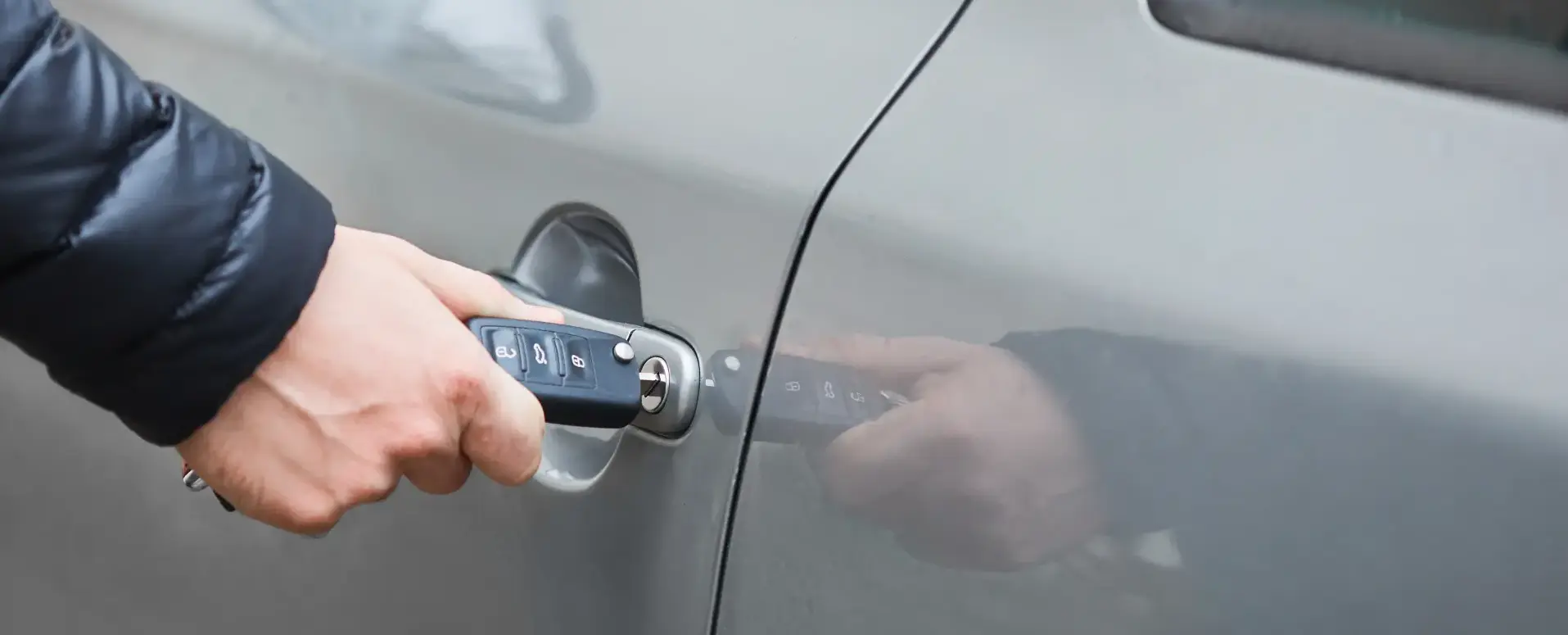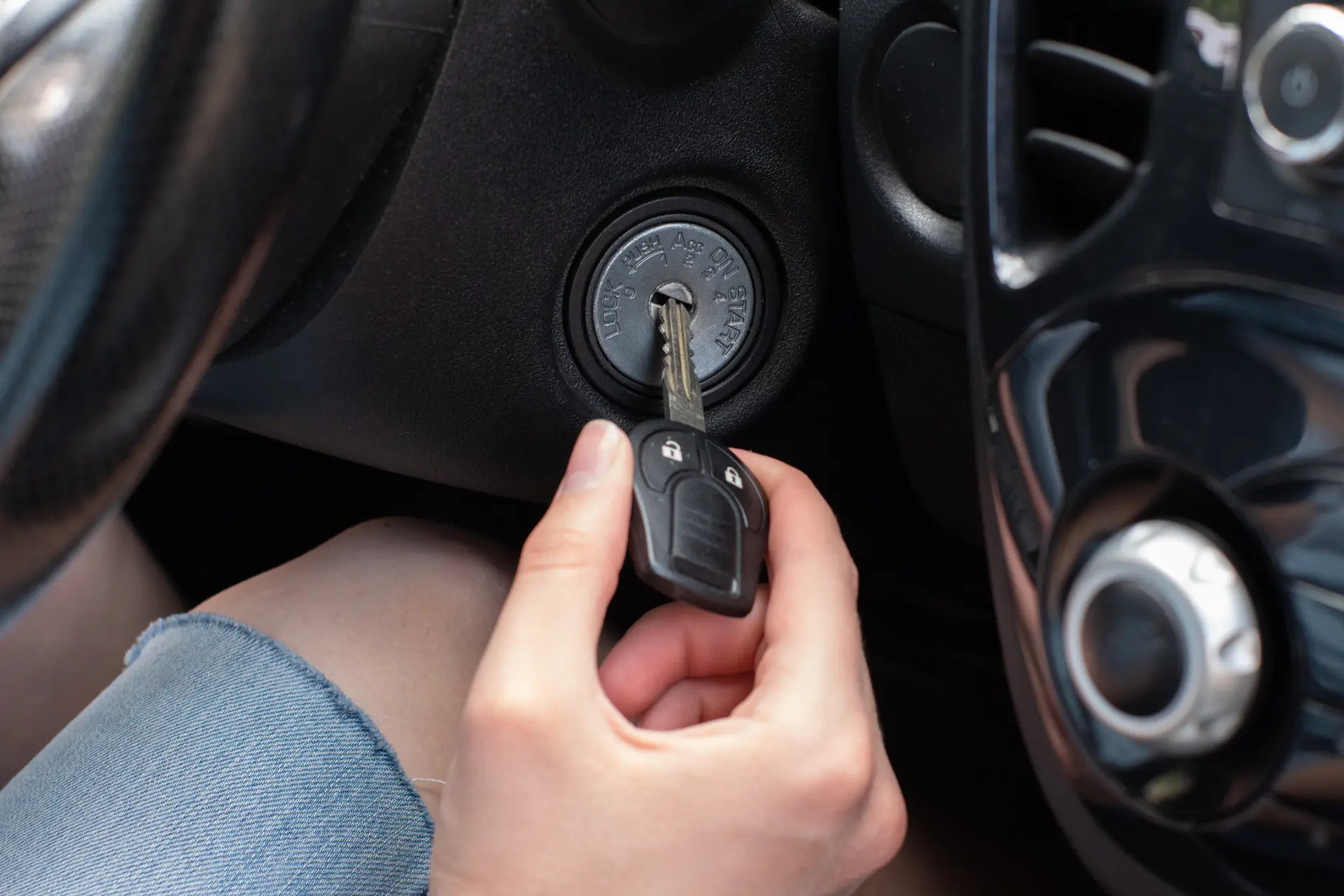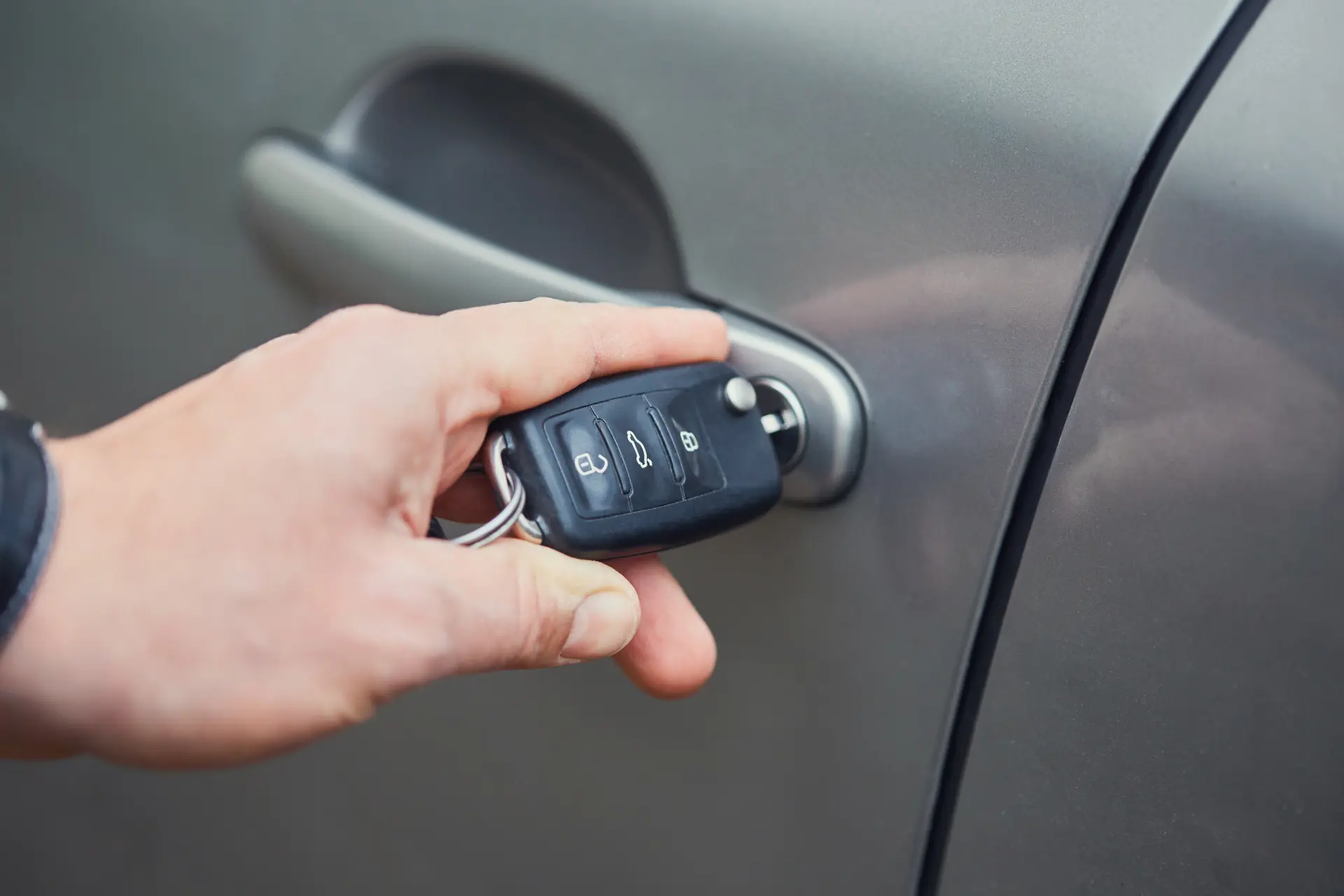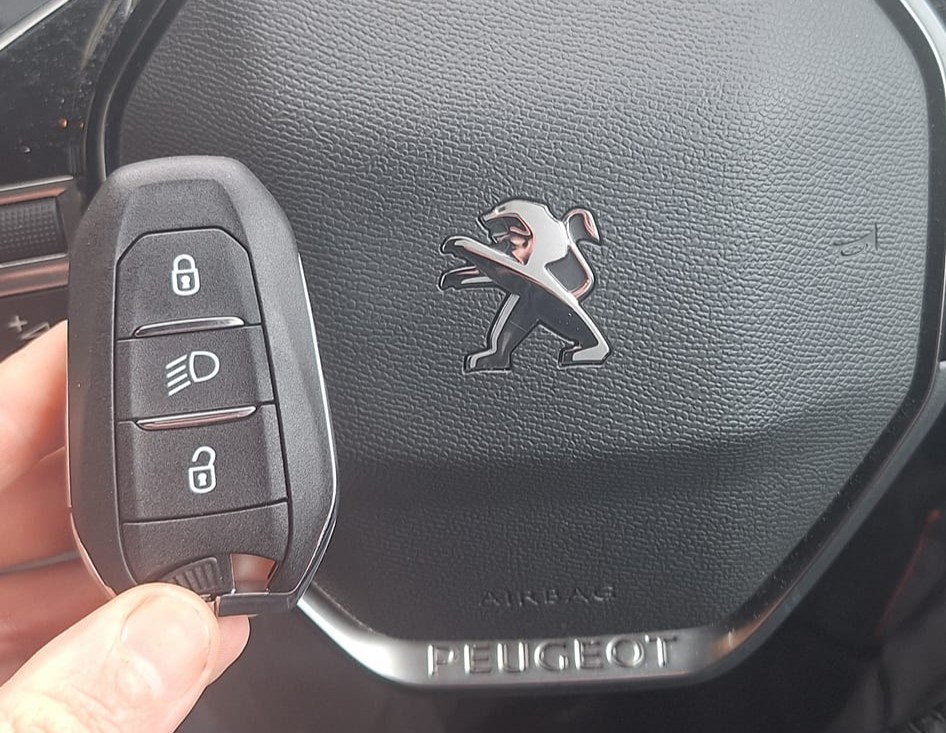Discover how smart keys are changing car access with secure, convenient technology. Learn how they enhance vehicle security and simplify your driving experience.
How Smart Keys Work
Smart keys typically use a range of radio frequency signals and computer chips, and this is what helps them communicate with your car.
Each smart key contains a small transmitter and an electronic chip programmed with a unique code. The vehicle has antennas placed in different areas, usually in the doors and inside the cabin, which constantly scan for the signal.
When you approach, the antennas on the keys then send out a request signal. If the smart key is within range, it replies with a unique identification code. The car’s onboard computer checks this code against its database. If the code matches, the system will then unlock the doors. This process happens in a fraction of a second and does not require the driver to press a button.
Once inside, the same technology allows push-button start. Antennas inside the cabin check if the smart key is present. If it is detected, the engine control system allows the ignition to start when the button is pressed. If the key is not inside the car, the system blocks the start command for security. Many smart key systems also use rolling codes.
This means the identification code changes each time the key is used, reducing the risk of the signal being copied. The car and the key stay in sync by using a pre-programmed algorithm that updates the code after each use.
Benefits of Using Smart Keys
Smart keys bring together convenience, security, and modern technology in one system. The most obvious benefit is ease of use. It allows you to unlock your car doors and start the engine without physically handling the key.
As long as the smart key is within range, the car recognises it. This makes daily tasks much smoother, especially when carrying bags, managing children, or dealing with bad weather.
Security is another major advantage of smart keys. Each of these keys contains a unique digital code that is matched with the car’s computer. If the code does not match, the vehicle will not respond. Many systems also use rolling codes that update every time the key is used, making it extremely difficult for thieves to copy or intercept the signal. Some smart keys even include immobiliser technology, which stops the engine from starting up without the correct key.
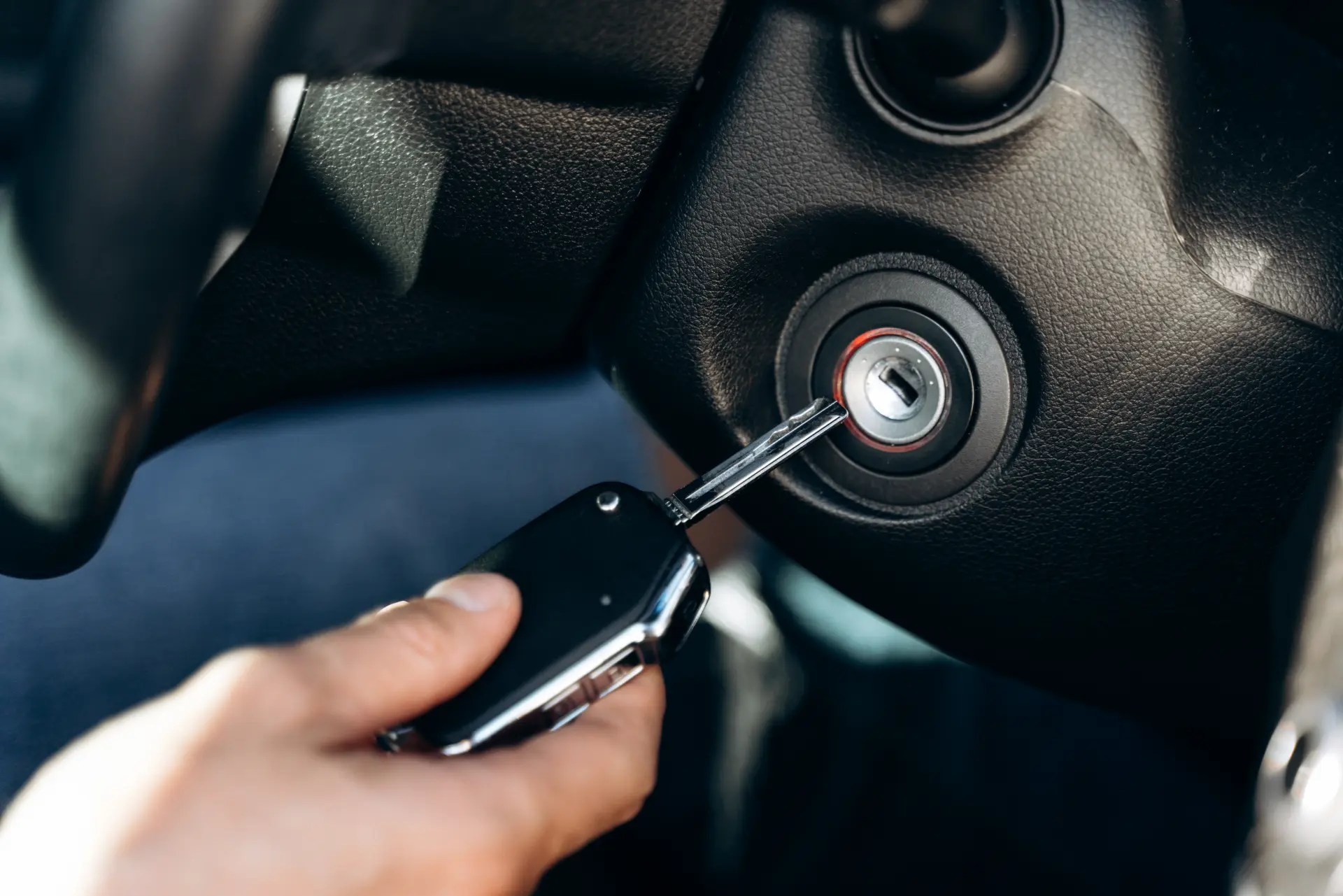
Alongside this, smart keys can be connected to personal settings. The car will automatically adjust seat positions, mirrors, steering wheel height, and climate controls depending on which smart key is detected. This is particularly useful when a vehicle is shared by more than one driver. Some advanced systems also allow the smart key to control extra functions.
These can include opening the boot, lowering the windows, or even guiding the car into or out of a parking space remotely. All of these features are handled with secure communication between the key and your vehicle’s existing onboard system.
Overall, smart keys combine convenience and security, while also offering customisation and advanced features that make driving more comfortable and efficient.
Common Issues with Smart Keys
Smart keys are convenient, but they are not without problems. A weak or dead battery is the most common issue, often reducing range or stopping the key from working altogether. Signal interference from nearby electronics, such as mobile phones or Wi-Fi routers, can also prevent the car from recognising the key.
Physical damage is another risk. Dropping the key or exposing it to water may harm the internal circuit board, while cracks in the casing can let in dirt or moisture. Programming faults sometimes appear after a battery change or electrical problem, leaving the key out of sync with the car until it is reprogrammed.
The weather can add to these issues. Cold conditions may weaken the battery, and extreme heat can damage the electronics. Lots of checks, timely battery replacements, and keeping the key protected from damage and harsh weather can prevent most of these problems.
Security Features and Theft Prevention
Smart keys, however, are not just for convenience; they are also built with numerous strong security measures that will protect your vehicle from theft. Each smart key contains a microchip that communicates with the car using encrypted signals. When the driver approaches or starts the car, the system checks the unique code stored in the key.
If the code does not match, the vehicle will not start nor unlock. Plenty of smart key systems tend to use rolling codes, which change every time the key is used. This prevents thieves from copying the signal, as the code is never repeated in the same form. Some systems also include an immobiliser, which blocks the engine from starting up unless the correct key is used.
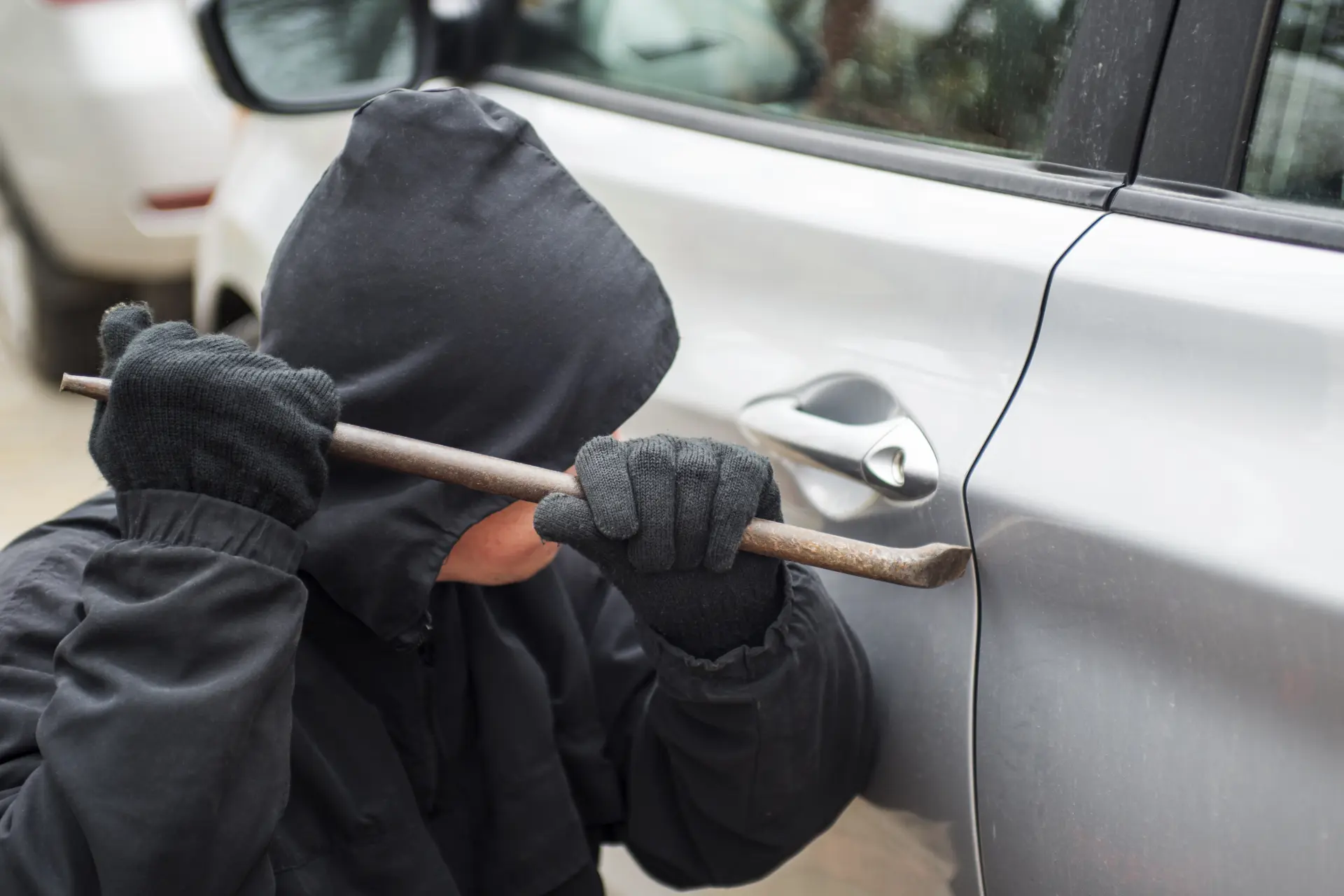
An extra layer of security is granted from the limited range of smart key signals. The car will only respond once the key is within a certain distance, and this helps reduce the risk of remote attacks in your area.
Advanced systems may also use low-frequency signals or multiple antennas to make it harder for criminals to intercept communication.
However, there is something known as "relay attacks," and this is where thieves use devices to capture and expand the signal from your smart key.
To reduce this risk, many drivers now use protective pouches or cases, known as Faraday pouches, which block signals when the key is not in use. Some cars also have features that let owners turn off the key's wireless signal when it is not needed.
Together, these security features make smart keys far more difficult to bypass than traditional keys, offering drivers a stronger level of theft prevention alongside everyday convenience.
Tips for Maintaining Your Smart Key
Smart keys are incredibly reliable, but they need lots of proper care to keep working well. Replacing the battery on a regular basis is important, as a weak battery is the most common cause of reduced range and delayed responses. Checking the car manual for the right type and changing it when needed will prevent most issues.
Protecting the casing is also essential. Cracks can let in dirt or moisture, which may damage the electronics. Using a cover and avoiding drops helps keep the fob safe. Likewise, it is best to keep the key dry and away from direct heat, since extreme temperatures can shorten its lifespan.
Where you store the key matters too; keeping it next to other electronics can cause interference, while leaving it near doors or windows may increase the risk of theft.
A Faraday pouch is a simple way to block unwanted signals. In some vehicles, smart keys can also be updated or reprogrammed during servicing. Keeping your system in sync with the car ensures smooth operation and stronger security.
We specialise in car key replacement and emergency auto locksmith services across Lancaster and Lancashire. Whether you've lost your keys, need a spare, or can't access your vehicle, our experienced team is here to help quickly and professionally.

